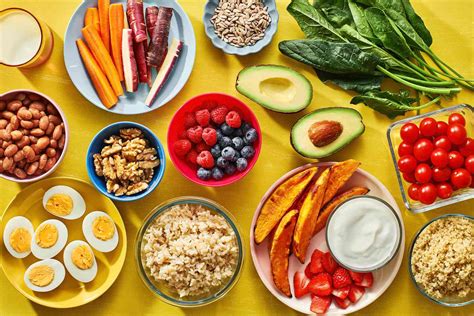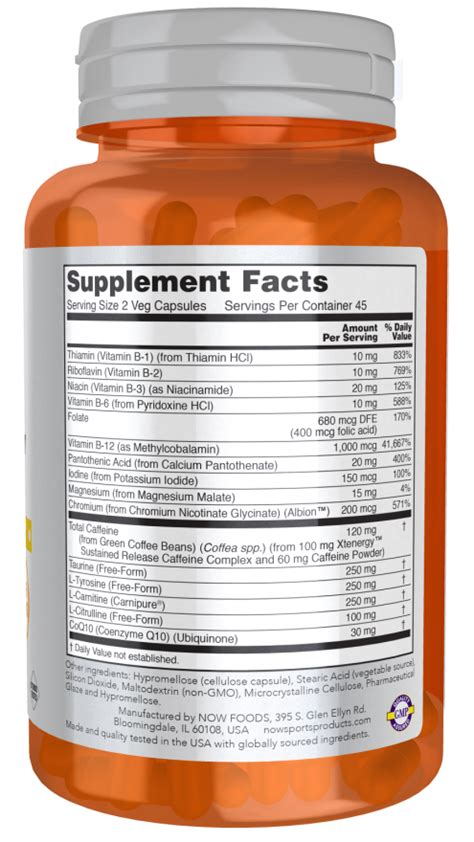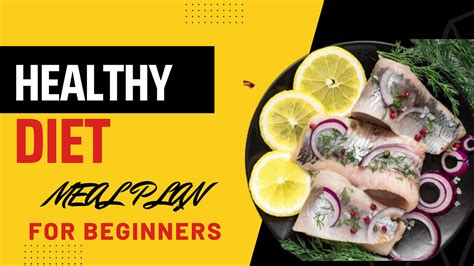How to optimize diet for natural testosterone & peak daily energy?

Fueling Your Body: The Dietary Link to Hormones and Energy
In the quest for optimal health, two critical factors often intertwine: hormonal balance and consistent energy levels. For men, natural testosterone production plays a vital role in everything from muscle mass and mood to libido and cognitive function. Concurrently, a steady supply of energy is essential for productivity, physical performance, and overall well-being. The good news is that your diet is a powerful, controllable lever for influencing both.
Understanding which foods to prioritize and which to limit can unlock your body’s potential, ensuring your hormones are in harmony and you have the vitality to tackle daily challenges. This article will guide you through the specific dietary strategies needed to naturally boost testosterone and maintain peak energy from morning till night.

Key Nutrients for Testosterone Production
Certain vitamins and minerals are non-negotiable for healthy testosterone synthesis. Incorporating these into your daily diet is foundational.
- Zinc: A crucial mineral for testosterone production, a deficiency can significantly impair hormone levels. Rich sources include red meat, shellfish (especially oysters), pumpkin seeds, and legumes.
- Vitamin D: Often referred to as the ‘sunshine vitamin,’ Vitamin D is actually a hormone precursor itself. Studies show a direct correlation between adequate Vitamin D levels and higher testosterone. Fatty fish (salmon, mackerel), fortified dairy, and egg yolks are good dietary sources, though sunlight exposure is primary.
- Healthy Fats: Cholesterol, a type of fat, is the building block for all steroid hormones, including testosterone. Prioritize monounsaturated and polyunsaturated fats found in avocados, nuts, seeds, olive oil, and fatty fish. Saturated fats from quality sources in moderation can also be beneficial.
- Magnesium: Involved in over 300 enzymatic reactions, magnesium also plays a role in binding free testosterone. Spinach, almonds, black beans, and avocados are excellent sources.
Dietary Strategies for Sustained Energy
Maintaining high energy levels isn’t about quick sugar rushes, but rather a steady release of glucose and other nutrients. This requires a focus on whole, unprocessed foods.
- Complex Carbohydrates: Unlike simple sugars, complex carbs like whole grains (oats, brown rice, quinoa), sweet potatoes, and legumes provide a slow and steady release of energy, preventing crashes. They are also rich in fiber, which aids digestion and nutrient absorption.
- Lean Proteins: Protein helps stabilize blood sugar, builds and repairs tissues, and keeps you feeling full. Include sources like chicken breast, turkey, fish, lean beef, eggs, and plant-based options such as tofu and lentils in every meal.
- Fiber-Rich Foods: Found in fruits, vegetables, whole grains, and legumes, fiber slows down digestion, ensuring a gradual release of energy. It also supports gut health, which is increasingly linked to overall well-being and energy metabolism.
- Hydration: Dehydration is a common culprit for fatigue. Ensure you are drinking plenty of water throughout the day. Herbal teas and water-rich fruits and vegetables also contribute to hydration.

Foods to Limit or Avoid
Just as certain foods can boost your health, others can actively detract from it, impacting both testosterone and energy levels.
- Processed Foods and Sugary Drinks: High in refined sugars, unhealthy fats, and artificial ingredients, these can lead to blood sugar spikes and crashes, inflammation, and have been linked to lower testosterone.
- Excessive Alcohol: Chronic heavy alcohol consumption can directly impair testosterone production and disrupt sleep, leading to fatigue.
- Trans Fats: Found in many fried foods and processed baked goods, trans fats are detrimental to cardiovascular health and hormone balance.
- Soy in Excess: While soy can be healthy in moderation, some studies suggest that very high intake of soy products, rich in phytoestrogens, might have a negative impact on testosterone levels in some individuals.

Practical Tips for Implementation
Translating knowledge into action requires practical strategies for daily living.
- Prioritize Whole Foods: Build your diet around fresh vegetables, fruits, lean proteins, healthy fats, and whole grains.
- Eat Regular Meals: Skipping meals can lead to energy dips and poor food choices later. Aim for 3 balanced meals and 1-2 healthy snacks.
- Don’t Fear Healthy Fats: Incorporate avocados, nuts, seeds, and olive oil into your diet daily.
- Stay Hydrated: Make water your primary beverage.
- Plan Ahead: Meal prepping or having healthy options readily available can prevent impulsive, unhealthy choices.

Conclusion
Optimizing your diet for natural testosterone production and peak daily energy is an achievable goal that can significantly enhance your quality of life. By focusing on nutrient-dense whole foods, ensuring adequate intake of key vitamins and minerals, and consciously limiting detrimental processed items, you can create a powerful synergy that supports hormonal balance and provides sustained vitality. Remember, consistency is key, and small, sustainable changes over time yield the most profound results. Empower your body with the right fuel, and enjoy the benefits of a healthier, more energetic you.









